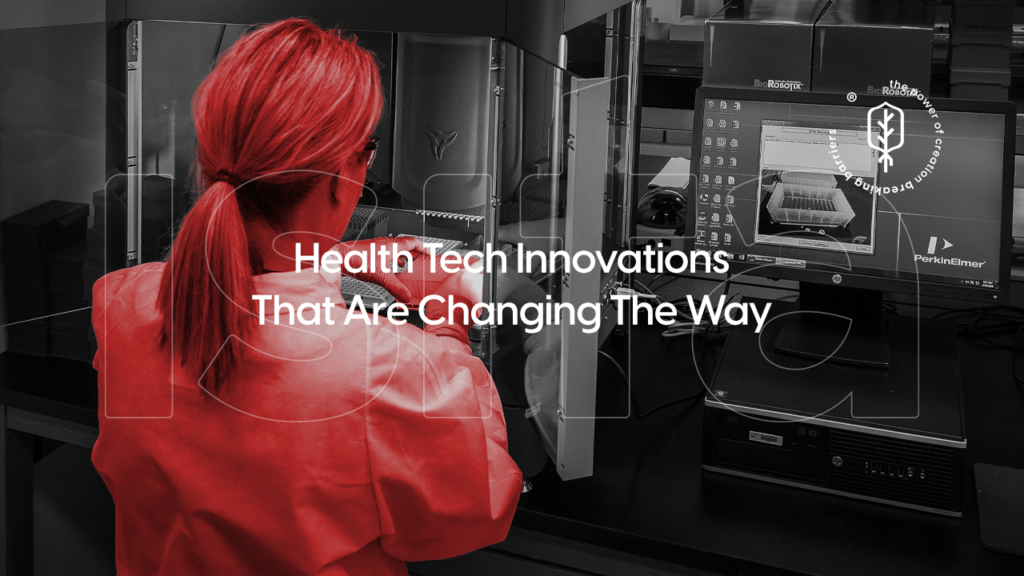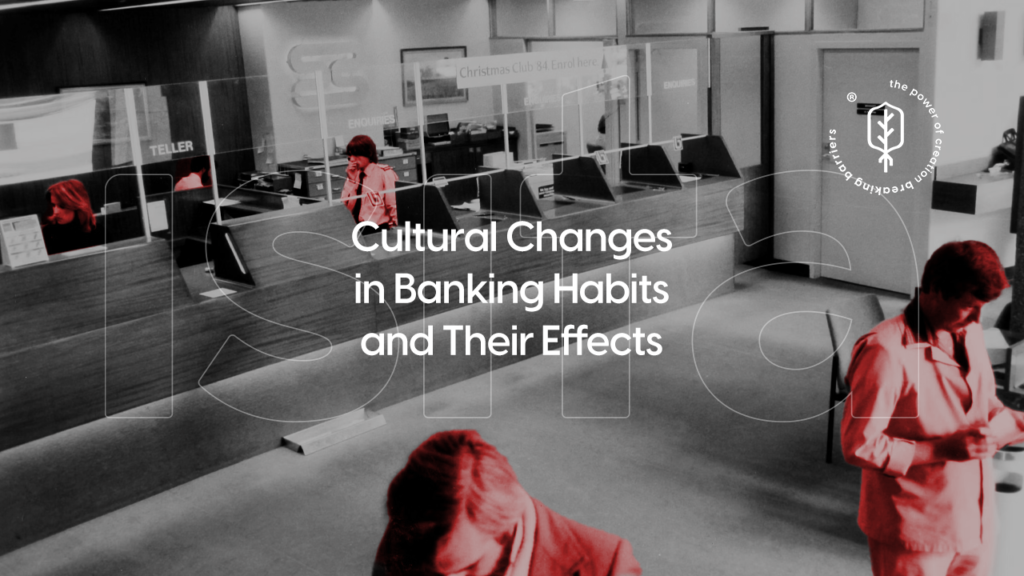In today’s fast-paced digital landscape, businesses are constantly seeking innovative ways to bolster their IT capabilities.
One strategy that has gained significant traction is IT staff augmentation. By providing immediate access to specialized skills and expertise without the long-term commitments of full-time hires, staff augmentation offers a flexible and efficient solution to bridge skill gaps and scale IT teams rapidly.
The Power of IT Staff Augmentation
IT staff augmentation empowers organizations to tap into a vast pool of talent, accelerating project timelines, enhancing productivity, and ultimately driving business growth.
Unlike traditional hiring processes, which can be time-consuming and resource-intensive, staff augmentation allows businesses to scale their IT teams on demand, adapting to fluctuating project requirements and market dynamics.
Ideal Roles for Staff Augmentation
Staff augmentation is a strategic approach that allows businesses to rapidly scale their IT teams by bringing in external talent with specialized skills. This model is particularly effective for roles demanding specific expertise or addressing short-term project needs.
Development and Engineering
- Software Developers: Augmenting development teams with specialized front-end, back-end, or full-stack developers can significantly accelerate software development cycles and enhance code quality. Whether it’s building a new application, maintaining existing systems, or scaling digital platforms, additional developers can provide the necessary bandwidth and skillset to meet project deadlines.
- DevOps Engineers: The complexities of modern IT environments often require specialized DevOps expertise. Augmenting with DevOps engineers can streamline deployment processes, improve infrastructure management, and enhance overall system reliability.
- Data Engineers: As organizations increasingly rely on data-driven decision-making, the demand for skilled data engineers grows. Augmenting with data engineers can help build robust data pipelines, optimize data storage, and ensure data quality for analytics and machine learning initiatives.
Cybersecurity
- Cybersecurity Analysts: Protecting sensitive data and systems requires a vigilant cybersecurity posture. Augmenting with cybersecurity analysts can strengthen threat detection, incident response capabilities, and overall security compliance.
- Penetration Testers: Regular vulnerability assessments are crucial for identifying and mitigating security risks. Staff augmentation can provide access to skilled penetration testers to conduct thorough security audits and identify potential weaknesses.
- Security Architects: Designing and implementing comprehensive security frameworks requires specialized knowledge. Augmenting with security architects can help develop and implement robust security strategies aligned with business objectives.
Data and Analytics
- Data Scientists: Extracting valuable insights from complex data sets often demands advanced statistical and machine learning techniques. Augmenting with data scientists can drive innovation through data-driven decision-making, predictive modeling, and AI-powered solutions.
- Data Analysts: Transforming raw data into actionable information requires skilled data analysts. Augmenting with data analysts can support business intelligence initiatives, generate insightful reports, and uncover hidden patterns in data.
- Business Intelligence (BI) Developers: Building interactive dashboards and reports requires specialized BI development skills. Augmenting with BI developers can enhance data visualization capabilities and empower stakeholders with self-service analytics.
Cloud and Infrastructure
- Cloud Engineers: Migrating to the cloud or managing cloud infrastructure efficiently often necessitates specialized skills. Augmenting with cloud engineers can accelerate cloud adoption, optimize cloud resource utilization, and ensure cloud security.
- System Administrators: Maintaining and supporting IT infrastructure requires expertise in system administration. Augmenting with system administrators can help manage servers, networks, and IT systems, ensuring optimal performance and uptime.
- Network Engineers: Designing and managing complex network infrastructures demand specialized skills. Augmenting with network engineers can optimize network performance, troubleshoot connectivity issues, and implement network security measures.
Best Practices for Implementation
To maximize the benefits of IT staff augmentation, consider the following best practices:
- Clearly Define Requirements: Articulate precise role descriptions, skill sets, and project expectations to ensure alignment between augmented staff and your team’s goals.
- Choose the Right Partner: Select a reputable staff augmentation provider with a proven track record of delivering qualified talent.
- Effective Onboarding: Integrate augmented staff seamlessly into your team by providing clear expectations, access to necessary tools and resources, and opportunities for collaboration.
- Foster Collaboration: Encourage knowledge sharing and teamwork between augmented and existing staff members to create a cohesive and productive environment.
- Performance Management: Implement performance evaluation mechanisms to assess the augmented staff’s contributions and identify areas for improvement.
Managing Augmented Staff Relationships
Building strong relationships with augmented staff is paramount to the success of any staff augmentation initiative. Effective management of these relationships fosters collaboration, knowledge transfer, and overall project success.
Key Considerations for Managing Augmented Staff Relationships
- Clear Communication: Establish open and transparent communication channels to ensure alignment on project goals, expectations, and feedback. Regular check-ins, clear role definitions, and accessible communication platforms are essential for maintaining a smooth workflow.
- Integration and Collaboration: Facilitate opportunities for augmented staff to interact with core team members to foster collaboration and knowledge sharing. Cross-functional team meetings, social events, and collaborative project spaces can help build rapport and strengthen team cohesion.
- Performance Management: Implement a structured performance evaluation process to assess the augmented staff’s contributions, provide constructive feedback, and identify areas for improvement. Regular performance reviews, goal-setting, and mentorship programs can enhance employee engagement and productivity.
- Legal and Contractual Considerations: Understand the legal and contractual implications of staff augmentation to protect your organization’s interests. Clearly defined contracts, intellectual property agreements, and confidentiality clauses are essential to safeguard sensitive information and protect your organization’s rights.
- Cultural Integration: If the augmented staff comes from a different cultural background, it’s essential to foster cultural understanding and respect. Implementing diversity and inclusion initiatives and providing cross-cultural training can help create a welcoming and inclusive work environment.
- Talent Retention: If there’s a possibility of converting augmented staff into permanent employees, consider implementing strategies to retain top talent. This might include offering competitive compensation packages, career development opportunities, and opportunities for professional growth.
- Exit Strategy: Develop a clear exit strategy for augmented staff to ensure a smooth transition when their contract ends. This includes knowledge transfer processes, documentation of work, and feedback mechanisms to capture valuable insights.
By focusing on these key areas, organizations can effectively manage augmented staff relationships, maximize the benefits of staff augmentation, and achieve project success.
Conclusion
IT staff augmentation offers a powerful strategy for organizations seeking to scale their IT teams rapidly, access specialized skills, and enhance project execution. By following best practices and carefully managing augmented staff relationships, businesses can unlock the full potential of this approach and gain a competitive edge.
By embracing IT staff augmentation, organizations can overcome talent shortages, accelerate innovation, and achieve their business objectives more efficiently.
Would you like to explore specific use cases or discuss challenges you’re facing in scaling your IT team?



